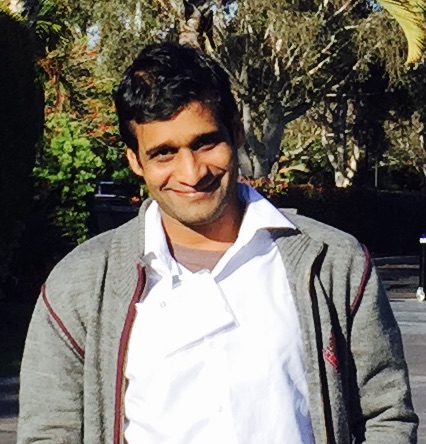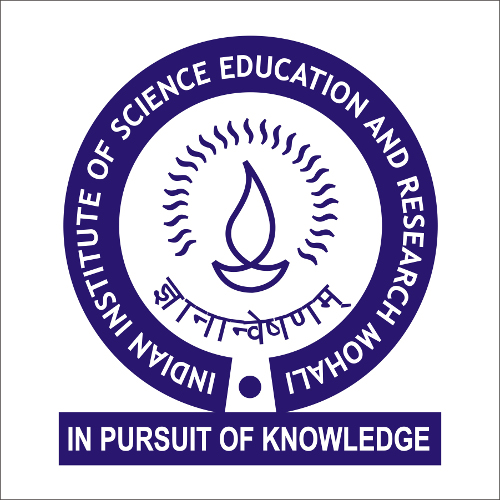Research Focus
Diabetes and metabolic disorders significantly advance vascular complications such as cardiovascular disease, diabetic wound healing and retinopathy. Emerging evidence suggest that epigenetic factors and key long non-coding RNAs (lncRNAs) triggered by changing lifestyles and environment are new players in these pathologies. However, the epigenetic mechanisms involved and the role of lncRNAs in diabetes and its complications are still not well understood. Das lab at IISER-Mohali will investigate the role of epigenetic regulators (enhancers/super-enhancers and lncRNAs) in VSMC and macrophage function, that are critical players in major diabetic vascular complications.
Das Lab will focus on diabetes wound healing a type of diabetic complication. Diabetes wound healing is highly prevalent in our community and a major cause of morbidity and mortality. Impaired wound healing due to diabetes can lead to chronic wounds and amputation of the foot. Furthermore, currently available drugs for these disorders are not fully efficacious in many patients. Macrophage dysfunction is an important feature of diabetic wound healing characterized by altered M1 and M2 populations through the action of TNF-α and TGF-β1 respectively. Although biochemical mechanisms involved in diabetic wound healing have been studied, contributing epigenetic mechanisms are not well known. We will investigate the functional roles of enhancers/SEs and lncRNAs in diabetic wound healing-associated gene expression and phenotypes in macrophages. We will use experimental as well as computational methods to address those questions. The ultimate goal is to uncover enhancer/SE and lncRNA-dependent mechanisms for TNF-α and TGF-β1 actions in monocytes and macrophages that can lead to identification of new therapeutic targets for diabetic wound healing.
Das lab is also collaborating with Dr. Rama Natarajan’s lab in the area of diabetes-induced phenotypic switching of vascular smooth muscle cells and its implications in Cardiovascular disease by utilizing state-of-the-art multi-omic approaches including single-cell transcriptomic and epigenomic analyses.
|
Selected Publications
- Das S#, Zhang E, Senapati P, Amaram V, Reddy MA, Stapleton K, Leung A, Lanting L, Wang M, Chen Z, Kato M, Oh HJ, Guo Q, Zhang X, Zhang B, Zhang H, Zhao Q, Wang W, Wu Y, Natarajan R#. A Novel Angiotensin II-Induced Long Noncoding RNA Giver Regulates Oxidative Stress, Inflammation, and Proliferation in Vascular Smooth Muscle Cells. Circ Res. 2018 Dec 7;123(12):1298-1312. # Joint Corresponding author
- Das S, Reddy MA, Senapati P, Stapleton K, Lanting L, Wang M, Amaram V, Ganguly R, Zhang L, Devaraj S, Schones DE, Natarajan R. Diabetes Mellitus-Induced Long Noncoding RNA Dnm3os Regulates Macrophage Functions and Inflammation via Nuclear Mechanisms. Arterioscler Thromb Vasc Biol. 2018 Aug;38(8):1806-1820.
- Das S, Senapati P, Chen Z, Reddy MA, Ganguly R, Lanting L, Mandi V, Bansal A, Leung A, Zhang S, Jia Y, Wu X, Schones DE, Natarajan R. Regulation of angiotensin II actions by enhancers and super-enhancers in vascular smooth muscle cells. Nat Commun. 2017 Nov 13;8(1):1467.
- *Cong R, *Das S, Ugrinova I, Kumar S, Mongelard F, Wong J, Bouvet P. Interaction of nucleolin with ribosomal RNA genes and its role in RNA polymerase I transcription. Nucleic Acids Res. 2012 Oct;40(19):9441-54. *Equal contributing first authors.
- Das S, Cong R, Shandilya J, Senapati P, Moindrot B, Monier K, Delage H, Mongelard F, Kumar S, Kundu TK, Bouvet P. Characterization of nucleolin K88 acetylation defines a new pool of nucleolin colocalizing with pre-mRNA splicing factors. FEBS Lett. 2013 Mar 1;587(5):417-24.
|

